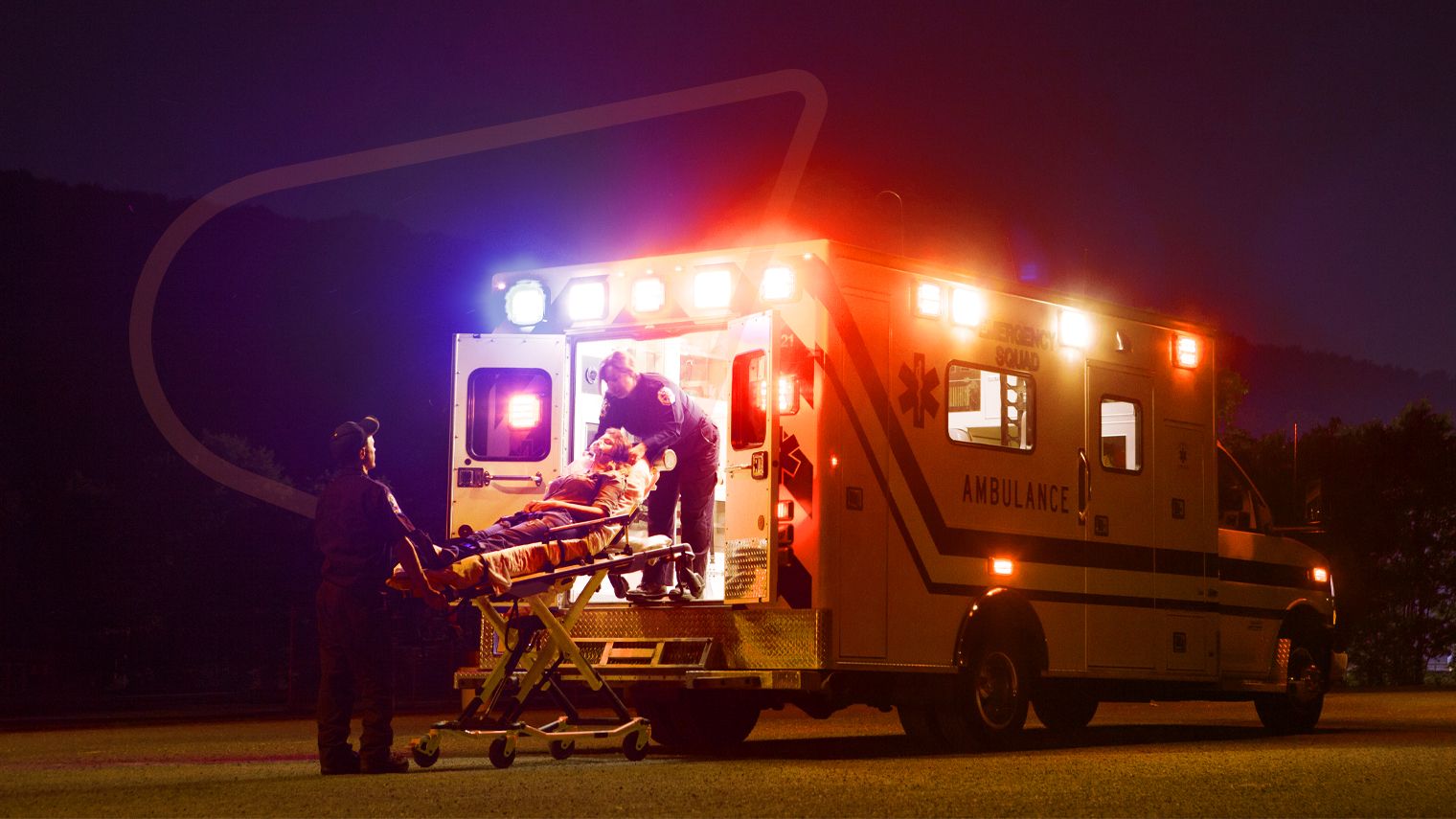How to Prepare for an Emergency or Disaster When You Have COPD
February 05, 2024
Content created for the Bezzy community and sponsored by our partners. Learn More

Photography by Cavan Images/Getty Images
Preparing for an emergency might take some work. Here are helpful tips to help you plan ahead.
Managing COPD symptoms and exacerbations is already challenging enough. But what do you do when an emergency happens? Having a plan can eliminate a lot of anxiety and stress during a time when you or your loved ones need to get help.
Whether it’s a medical emergency directly resulting from your COPD or a natural disaster like a flood, hurricane, wildfire, or something else, you can take steps to be ready for it all.
Here are some ways to prepare for the worst and hope for the best in an emergency.


Emergency health kit
Make an emergency health kit to be the most prepared for any emergency. Some people refer to this as their “go-bag” or hospital pack. When making an emergency health kit, you should include lists of:
- medications, including over-the-counter, prescription, and inhaled medications
- other medical diagnoses (high blood pressure, diabetes)
- allergies, medical professionals and their contact information
It’s also important to have enough supplies to last at least a few days, including your current medications, like inhalers and nebulizer medications.
If you live in a location prone to more natural disasters or unpredictable weather, try putting at least a week of these medications in your emergency kit.
Necessary medical equipment, such as oxygen tanks, masks, and nebulizers. If you’re oxygen-dependent, you may want a backup generator as a power supply for your oxygen concentrator in your emergency health kit.
Power of attorney and living will
It’s important to assign a power of attorney (POA) and to have a living will, or advanced healthcare directive, outlined before an emergency.
A living will, or advanced directive, outlines specific healthcare decisions you’d make if you can’t make decisions for yourself. This ensures your family members and friends know your wishes.
This paperwork should be a part of your emergency kit, but be sure to keep the original, official documents in a safe and secure place that is weather- and fire-proof.
Communication plan
Another way to stay prepared is to establish a communication plan with your closest family members, friends, and neighbors. If you’re trapped in your home or have to leave quickly, you’ll have a network of people aware of your location and needs.
For example, you can pick one or two people to be the first point of contact, and then they are responsible for contacting the rest of your network.
Keep a list of important phone numbers, including cell phones and landlines, and email addresses of the people included in your communication plan.
A medical alert system may help in an emergency if you live alone with COPD. You only have to push a button on your neck or wrist to call for help in an emergency when you cannot reach a phone.
In serious emergencies, cellphone service may be unavailable. Keep a list of important phone numbers, including cell phones and landlines, and email addresses of the people included in your communication plan.
It’s also important to know where the closest hospital is and include the contact information for those facilities in this communication plan. In the event of an emergency, your closest family members, friends, and neighbors can save time by calling the numbers you have listed for them.
Monitor the air quality
Pollution, like particulate matter, can increase inflammation in your lungs, according to the American Lung Association. Limit outdoor activities when the air quality is poor, and consider air purifiers inside your home.
If you have to go outside in low quality air conditions, consider wearing a face covering or mask that can help filter the air.
Make note of heavy pollution events and wildfires, and check the air quality in your area using AirNow. The American Lung Association recommends the following ways to improve your air quality:
- Use mild and environmentally friendly cleaning products.
- Use charcoal or gas instead of lighter fluids for grilling.
- Avoid burning leaves or other yard waste.
- Avoid using perfumes and scented lotions, especially in small spaces.
- Avoid scented candles, oils, and room sprays.
Monitor the temperature
Extreme temperatures and humidity can affect COPD. Have strategies to stay warm or cool during extreme weather to avoid COPD exacerbations. Here are some to get you started:
- In cold weather, cover your nose and mouth while outdoors with a mask or a scarf. Cupping your hands over your face and mouth can help if you don’t have this available.
- Keeping a humidifier or dehumidifier in your home can help you control the humidity levels during cold or hot seasons.
- Stay inside and hydrated on extremely hot and humid days to avoid COPD flares.
Stay informed and prepared
Follow a reliable local and national news source to best prepare for emergencies. Stay informed about local emergency plans, including how to receive alerts in your community.
You can prepare for emergencies by improving your overall health. Keep regular check-ups with your healthcare team to prepare for unexpected health changes.
Takeaway
It’s important to prepare for emergencies based on your medical needs and potential emergencies in your area. Regularly review and update your action plan. That includes talking with your healthcare professional for personalized advice on managing COPD in emergencies.
Medically reviewed on February 05, 2024
2 Sources


Like the story? React, bookmark, or share below:
Have thoughts or suggestions about this article? Email us at article-feedback@bezzy.com.
About the author